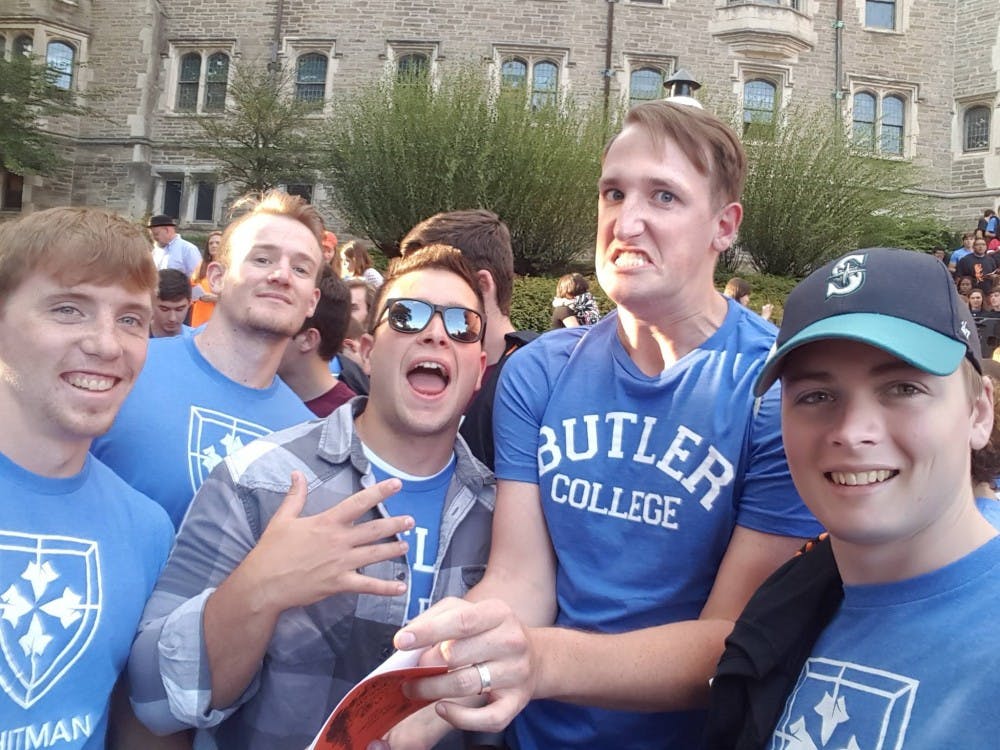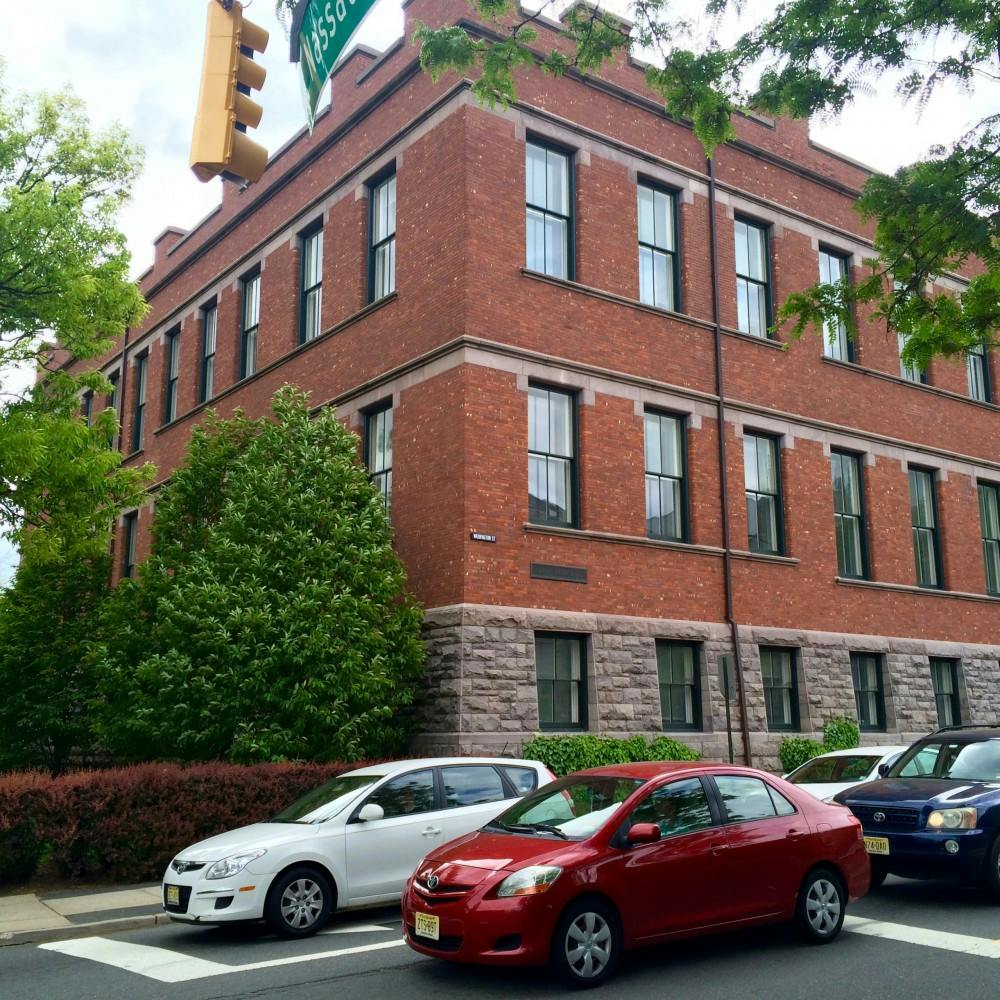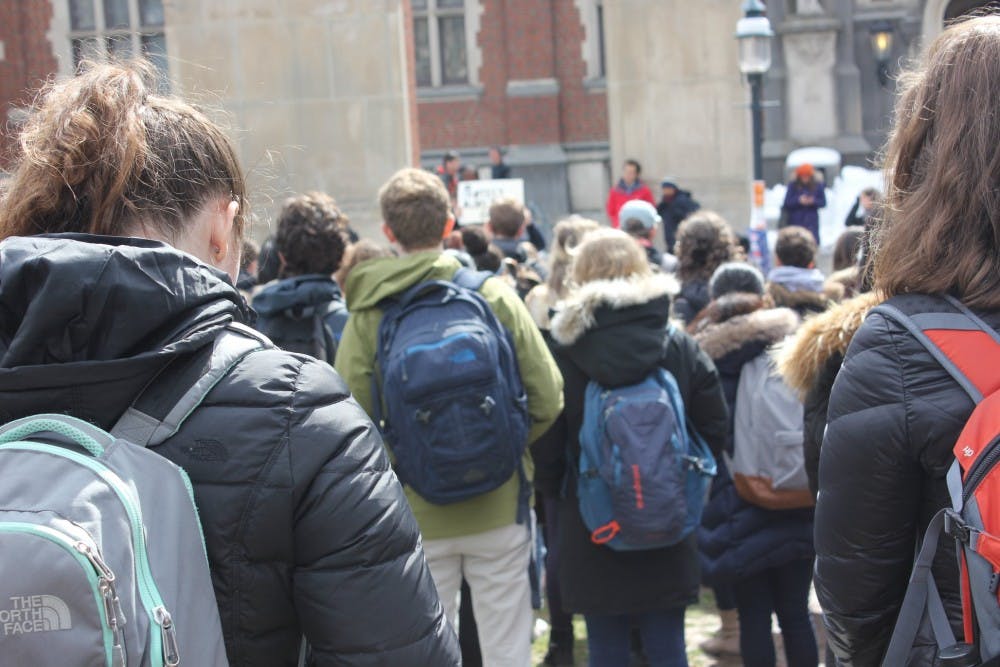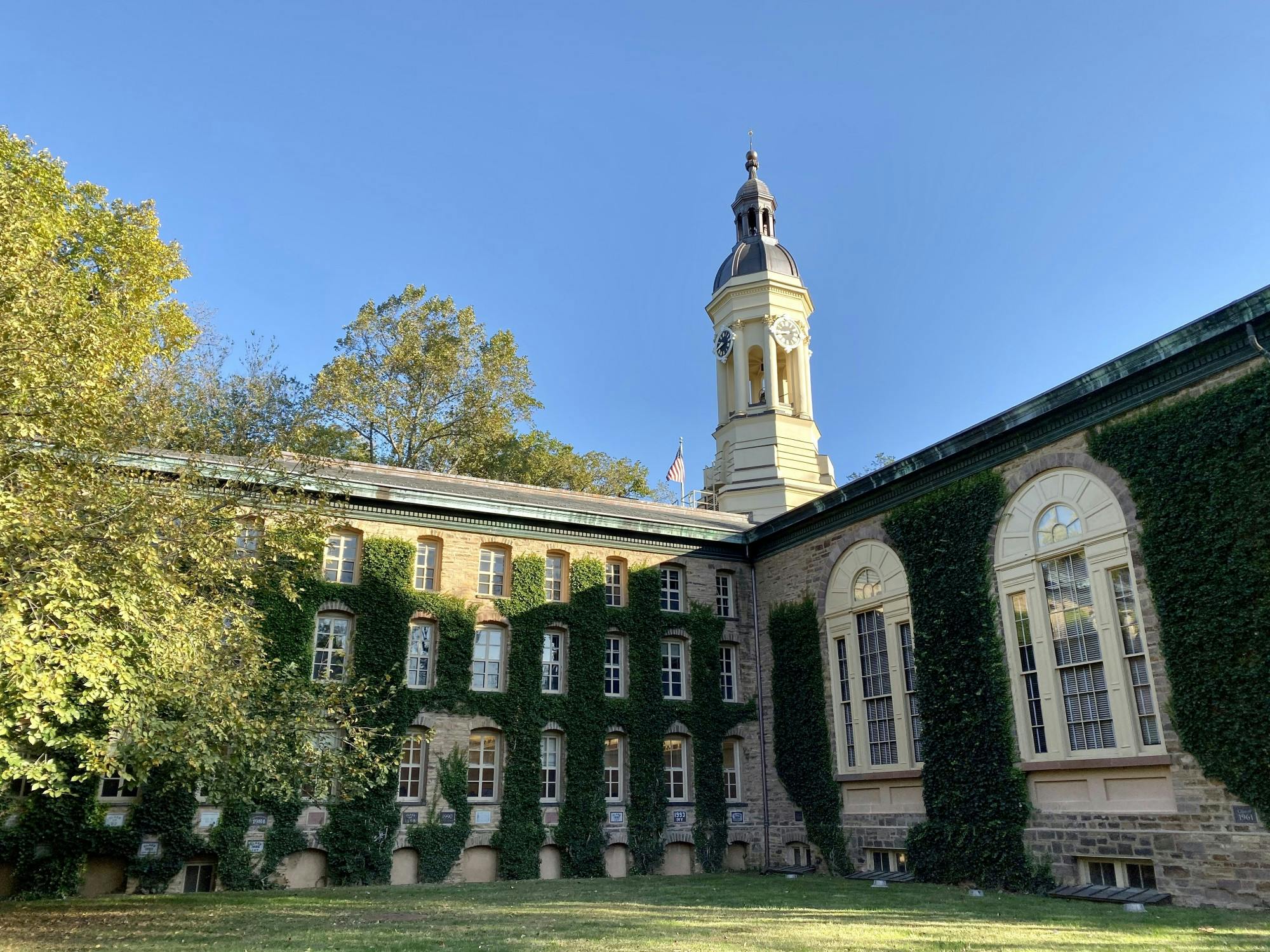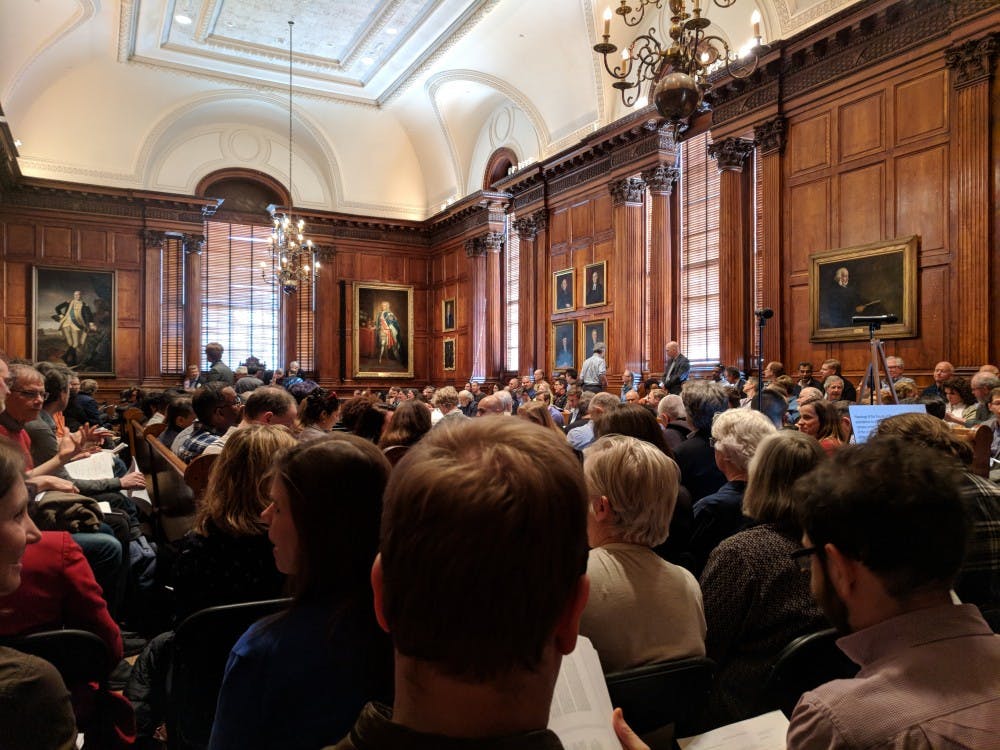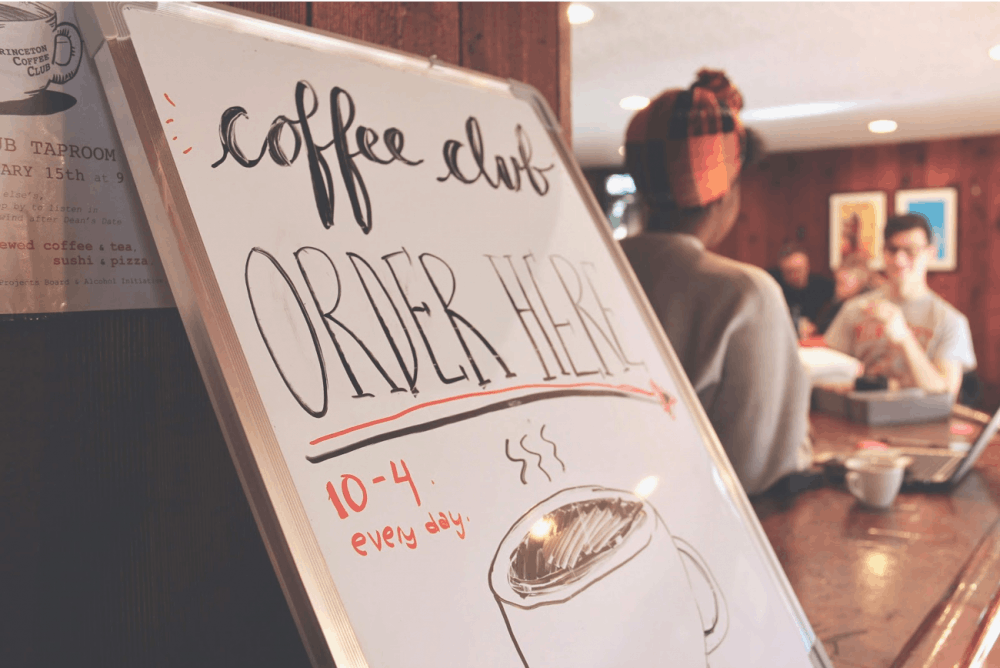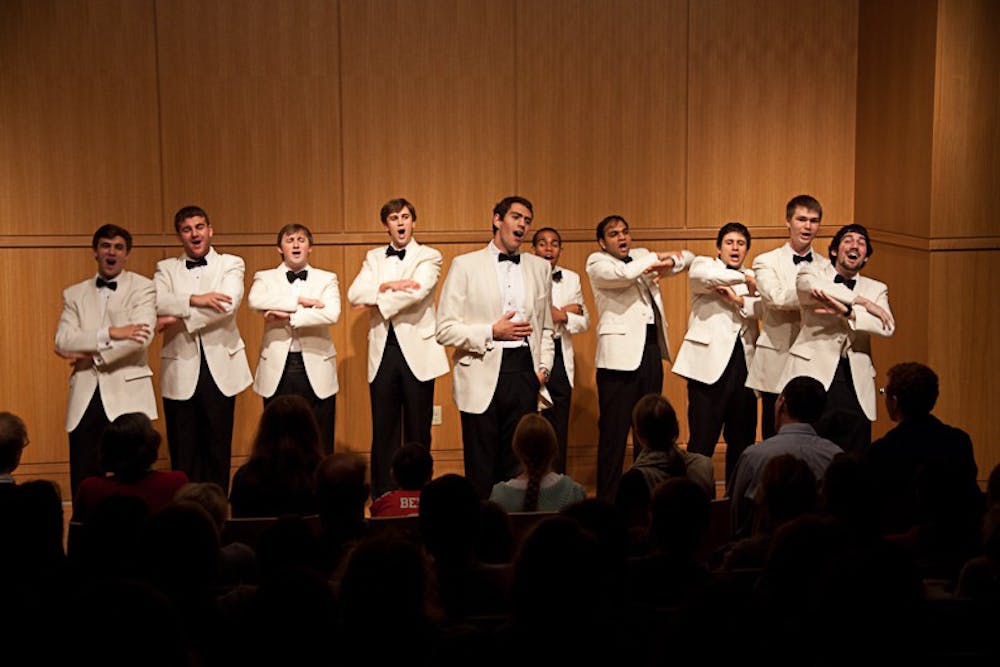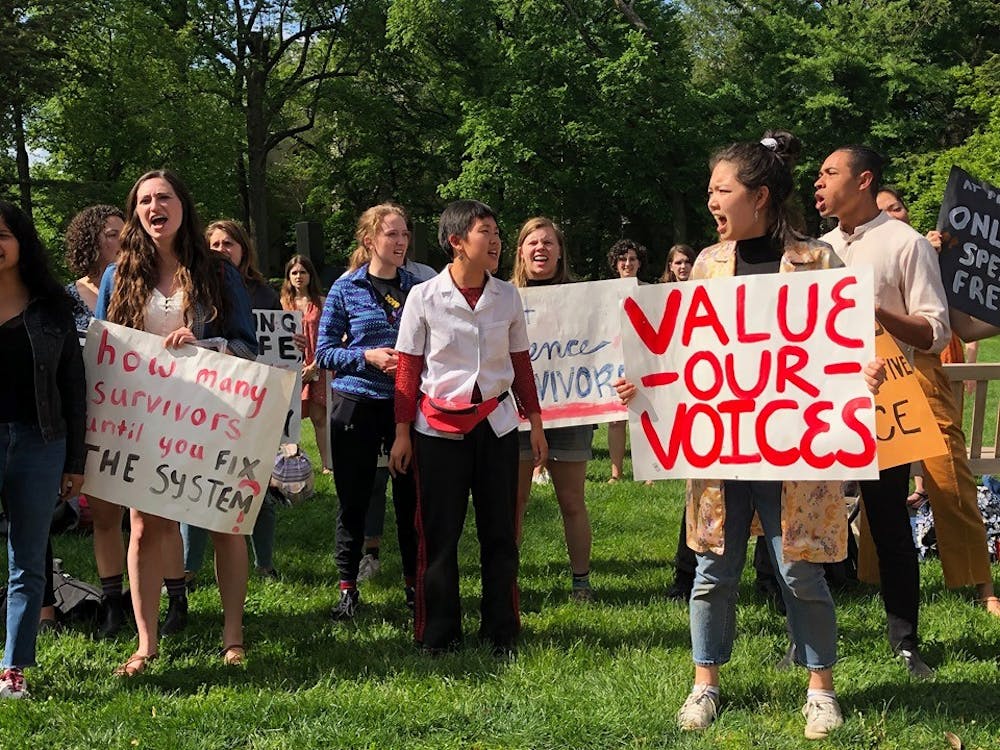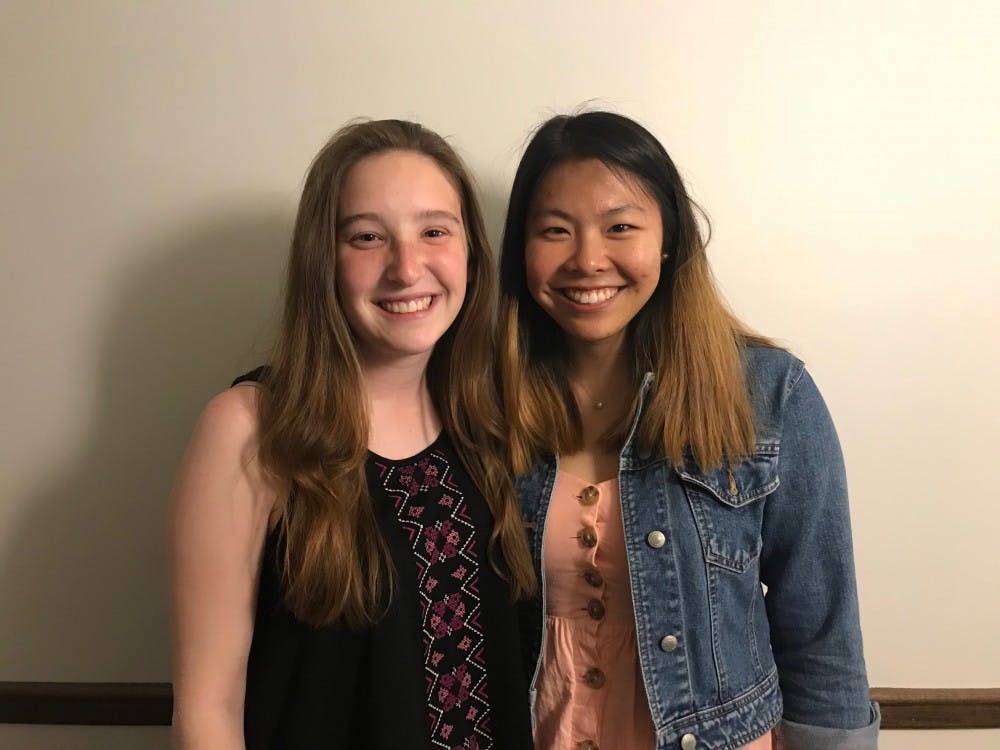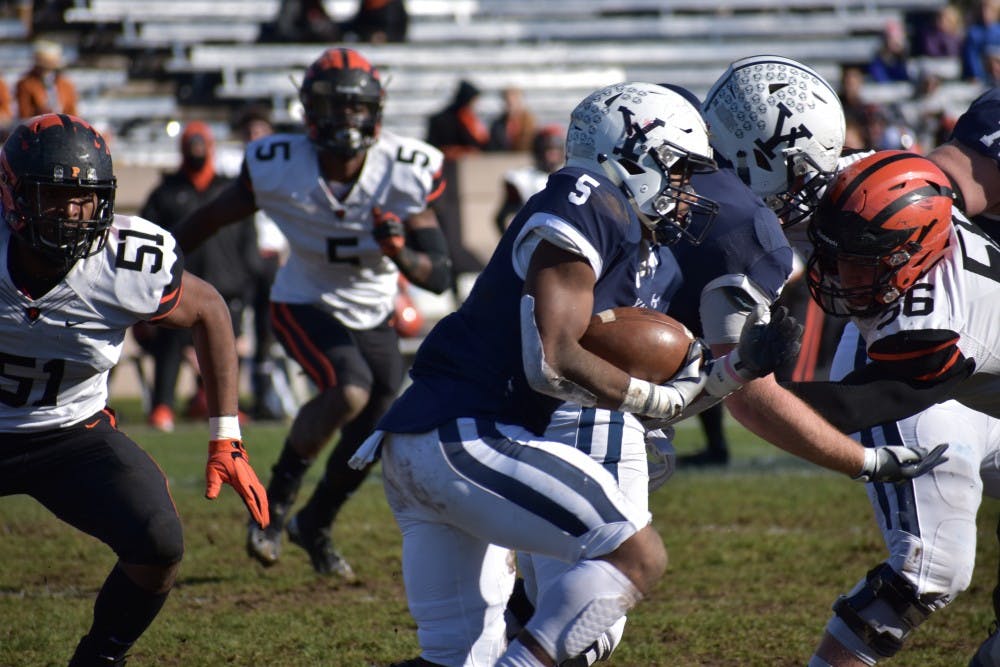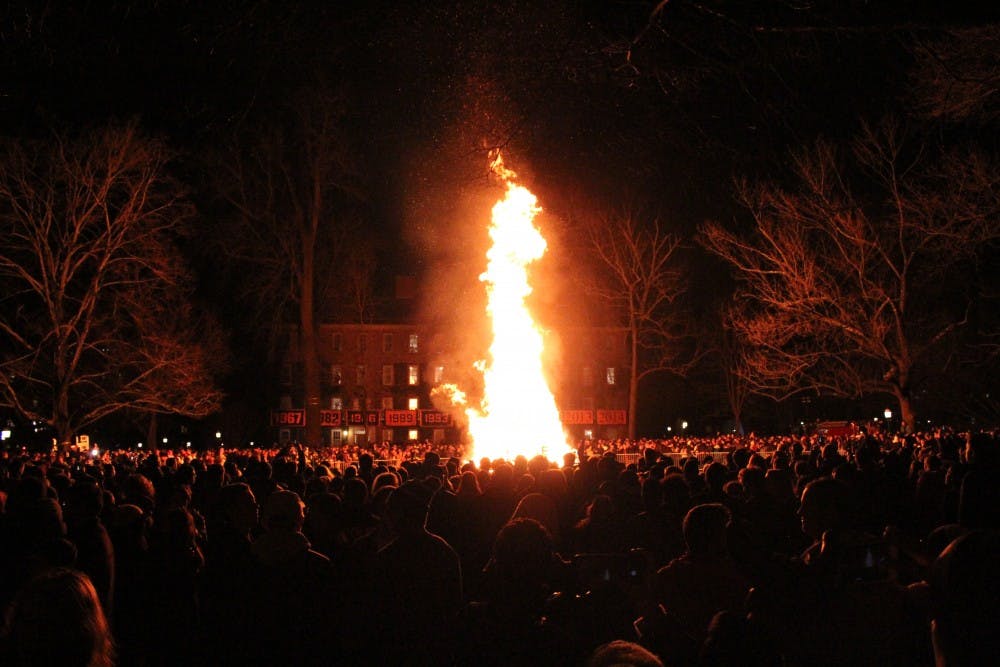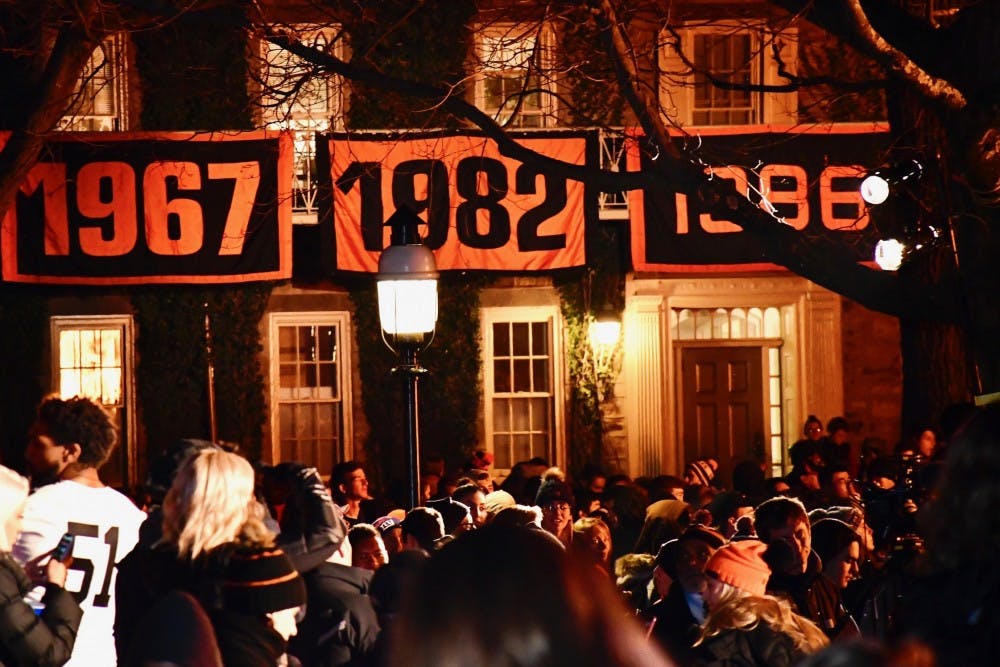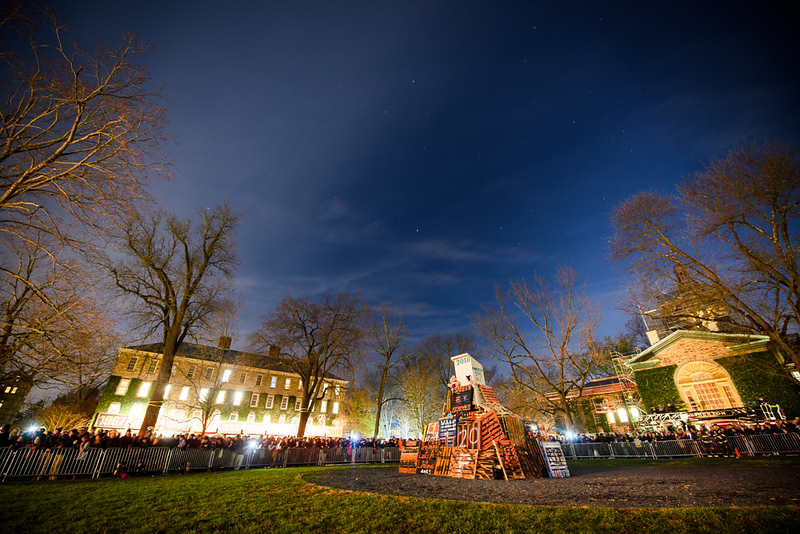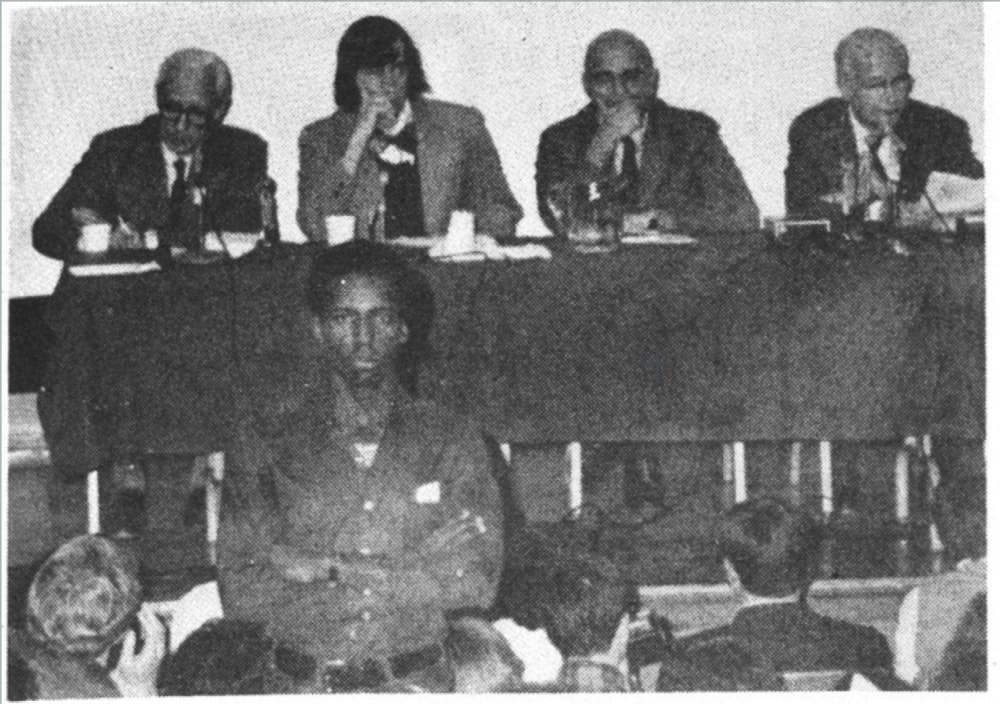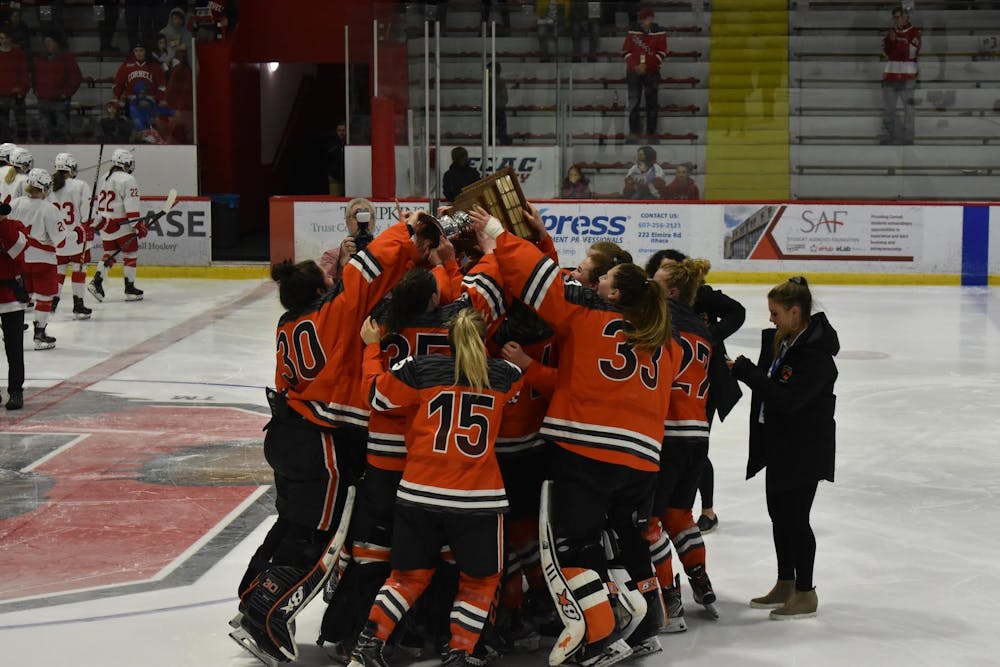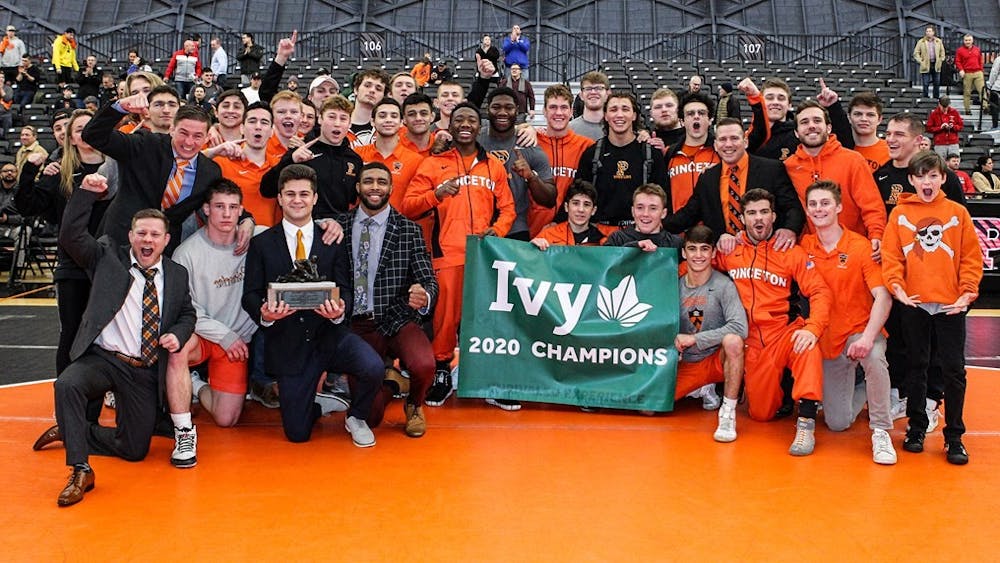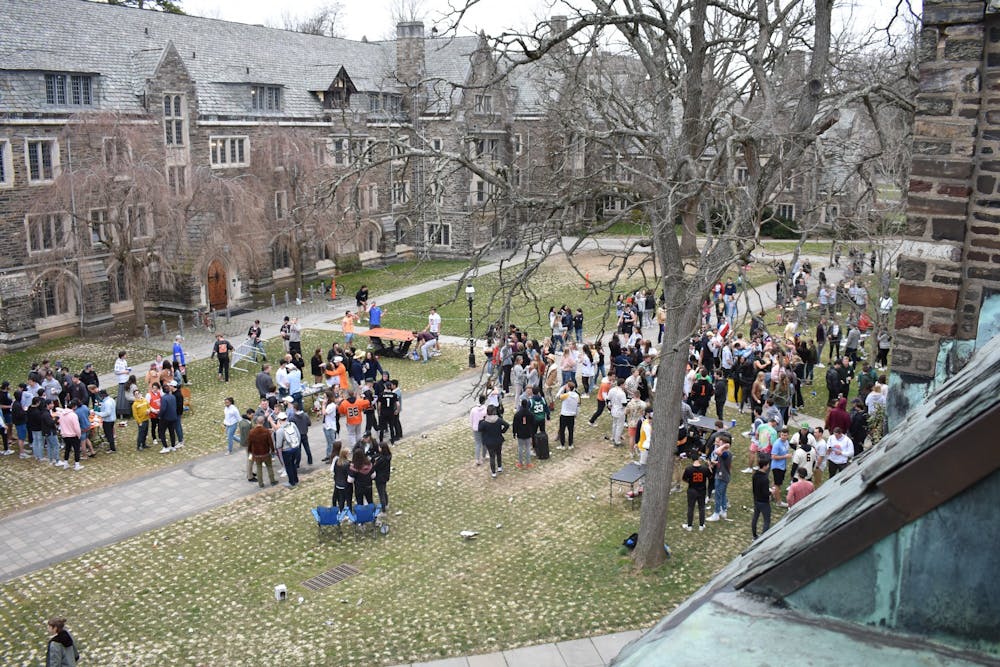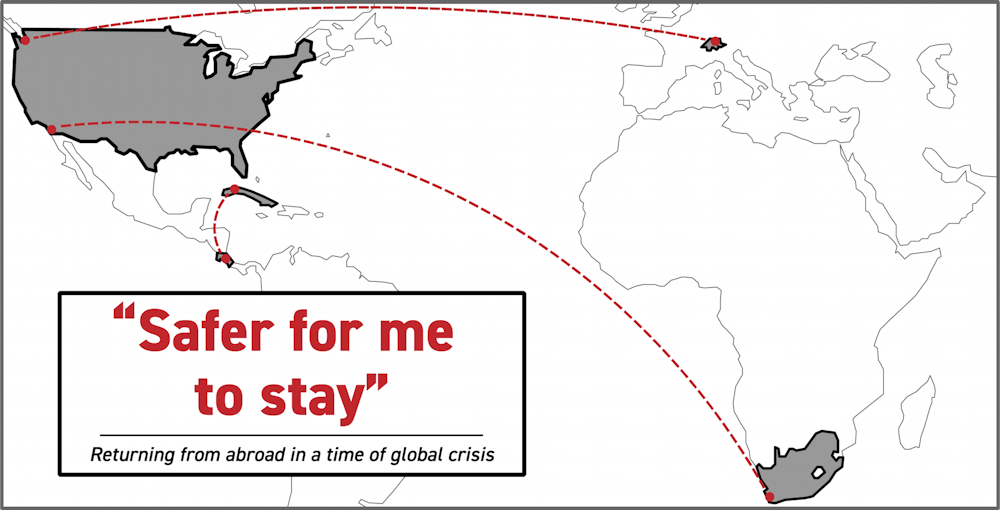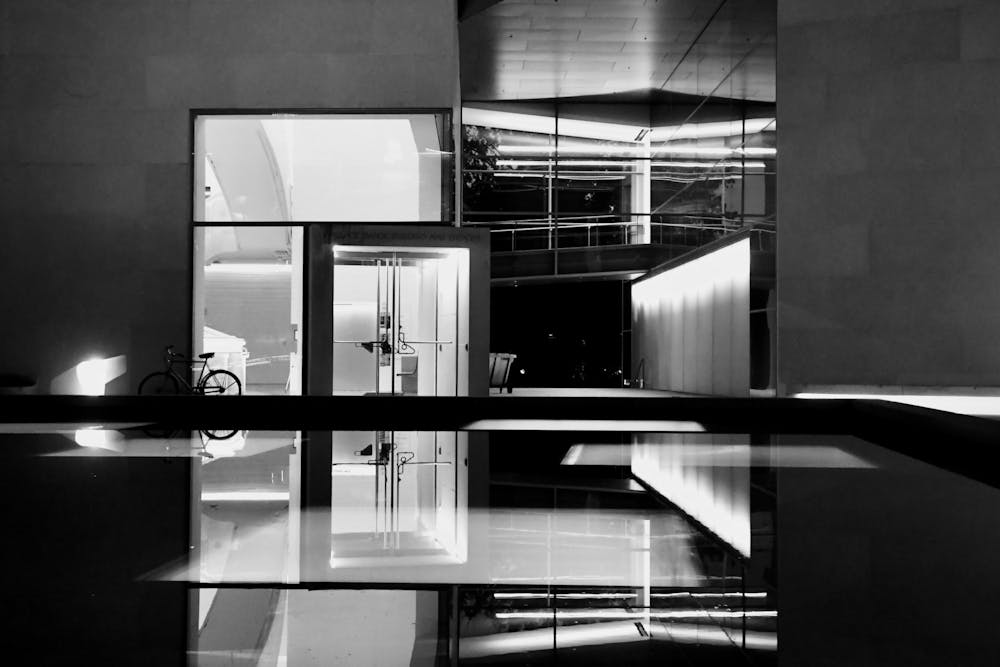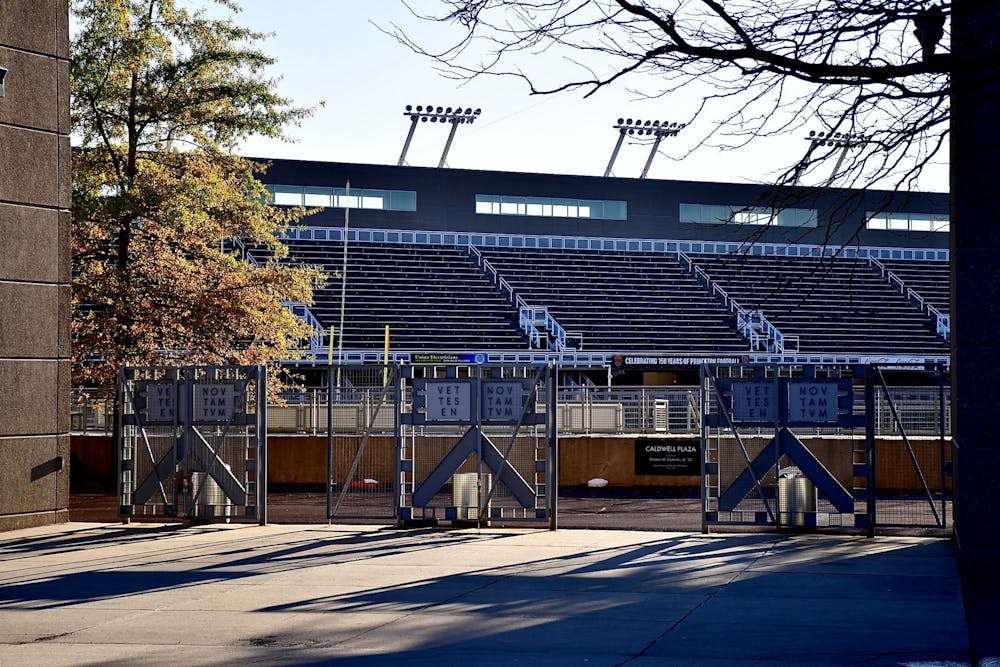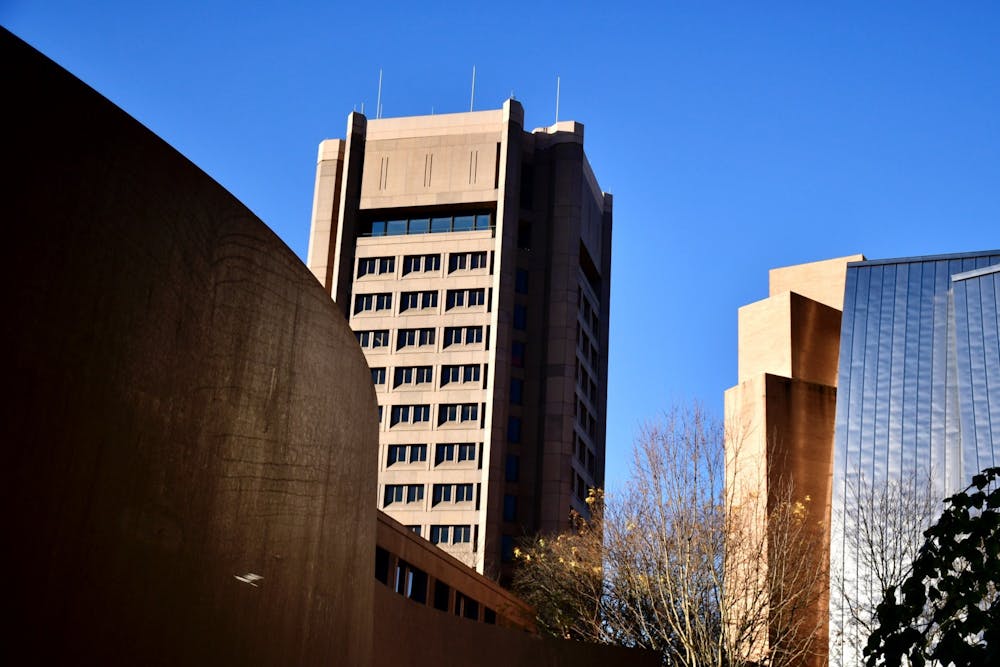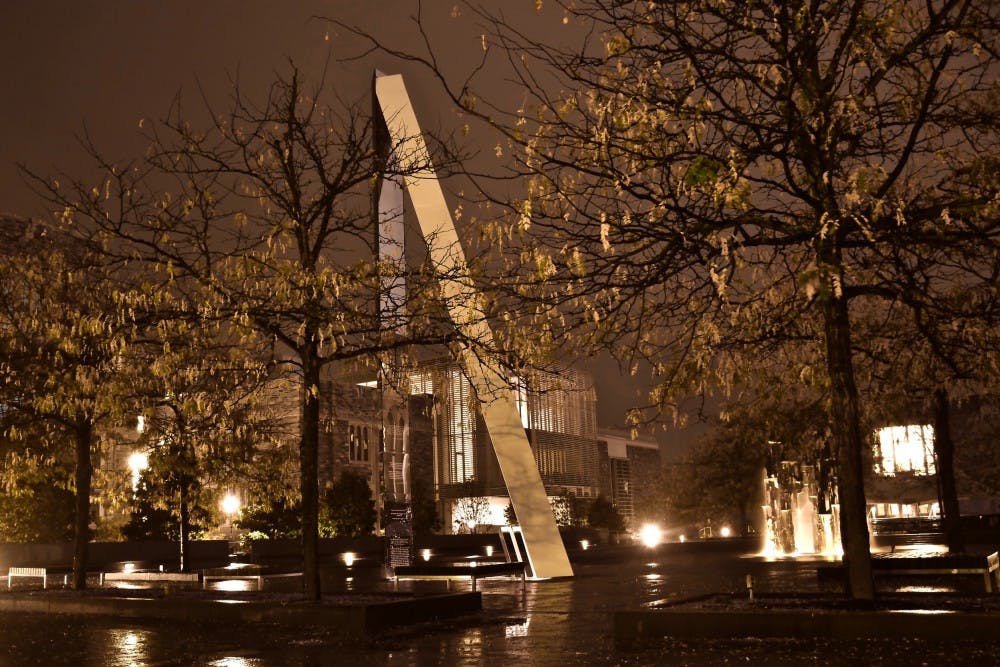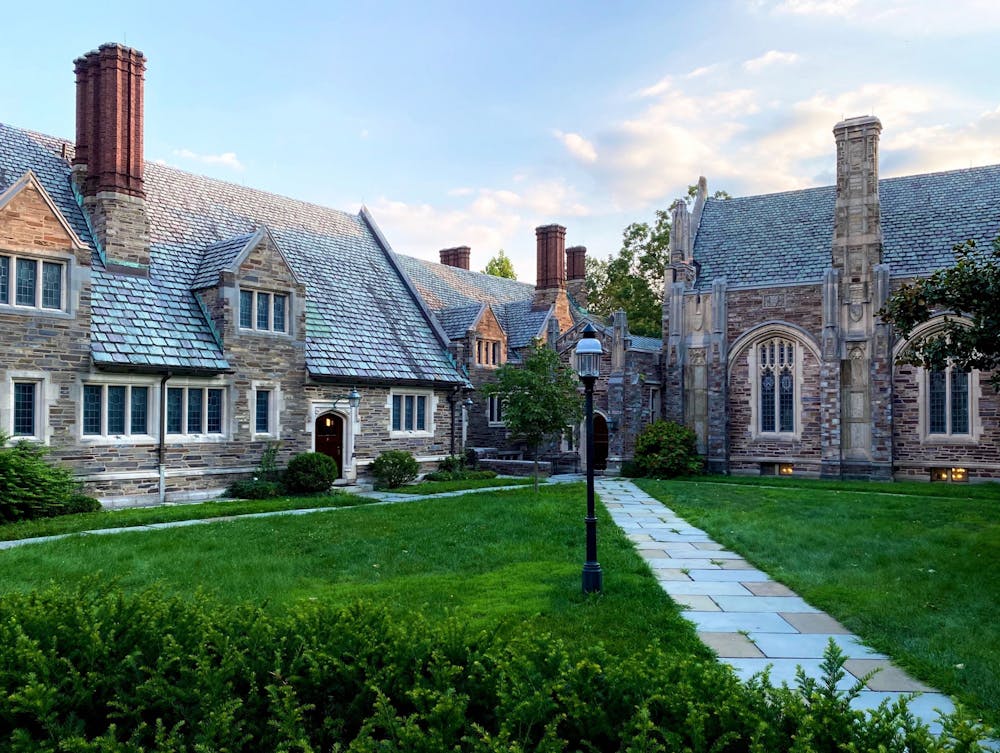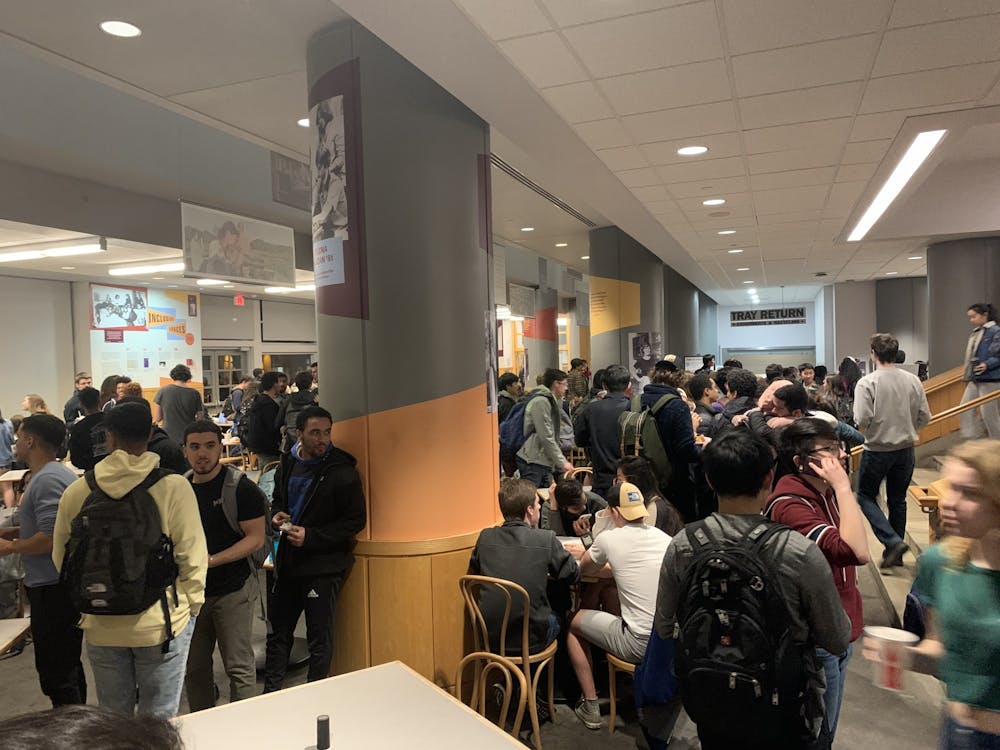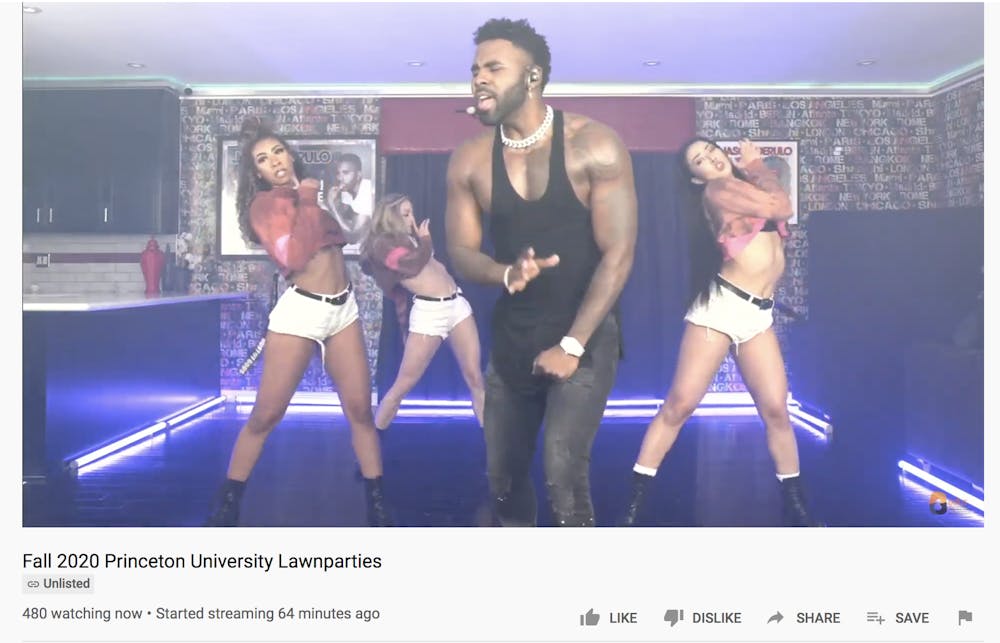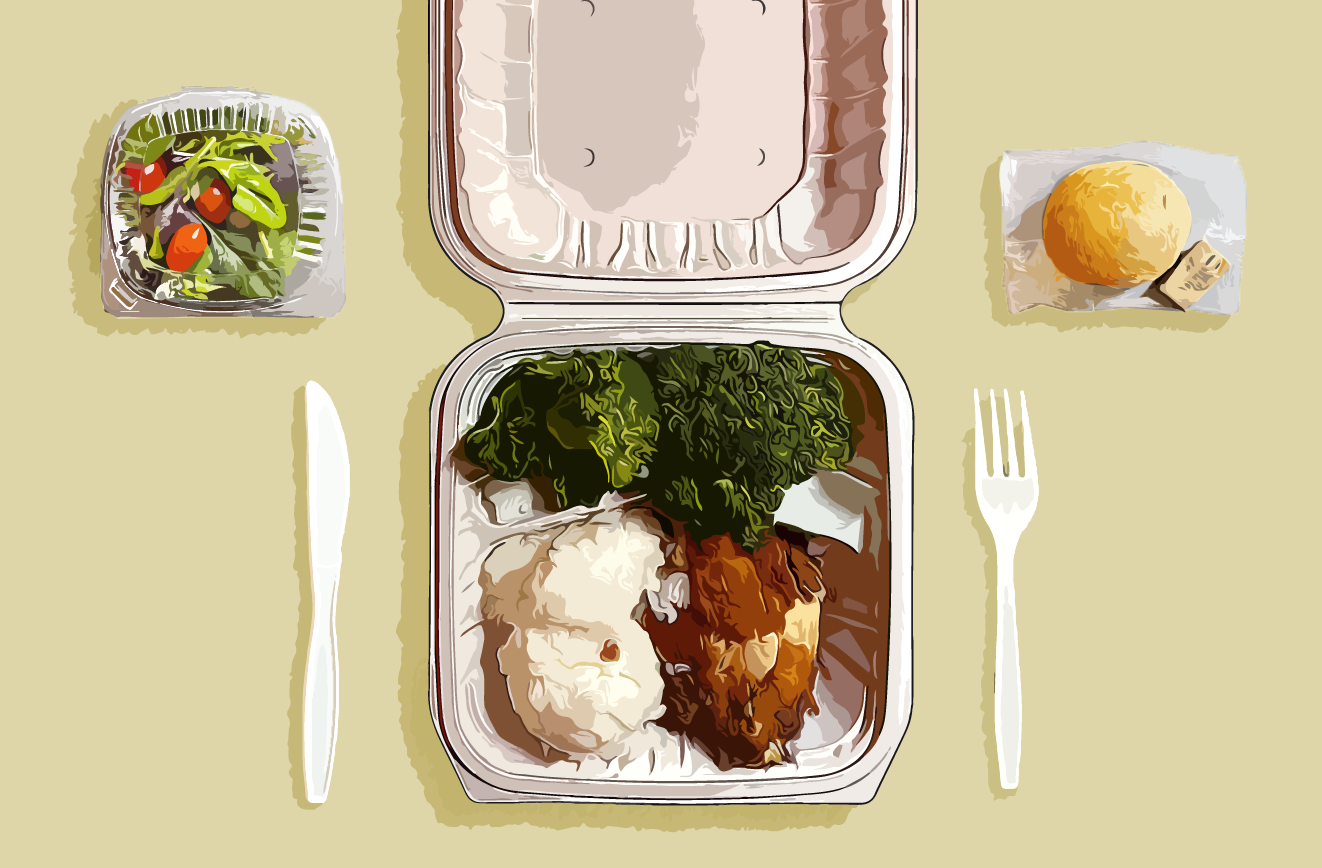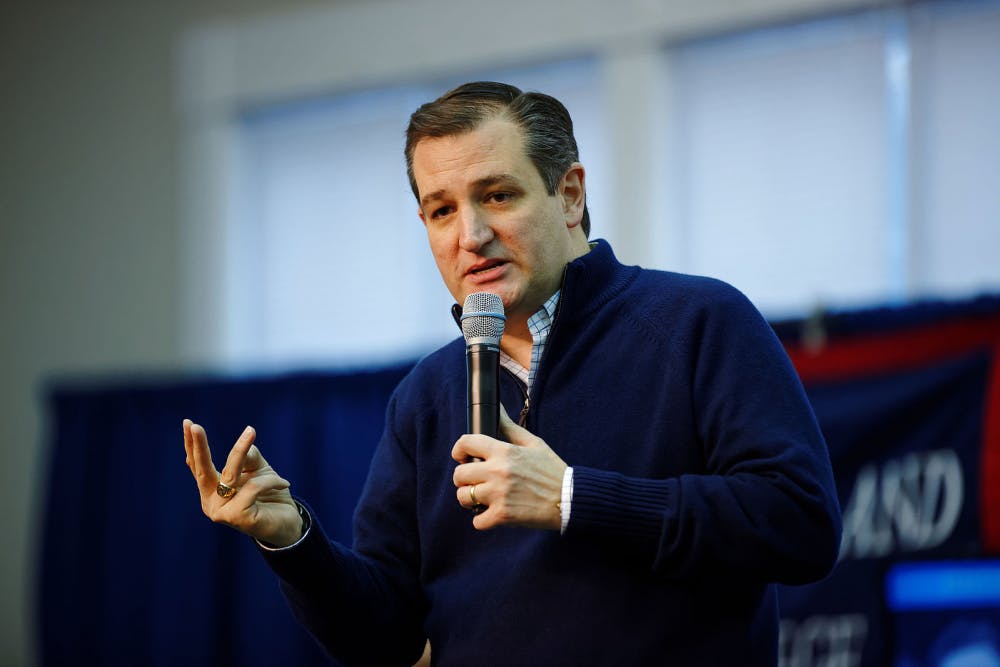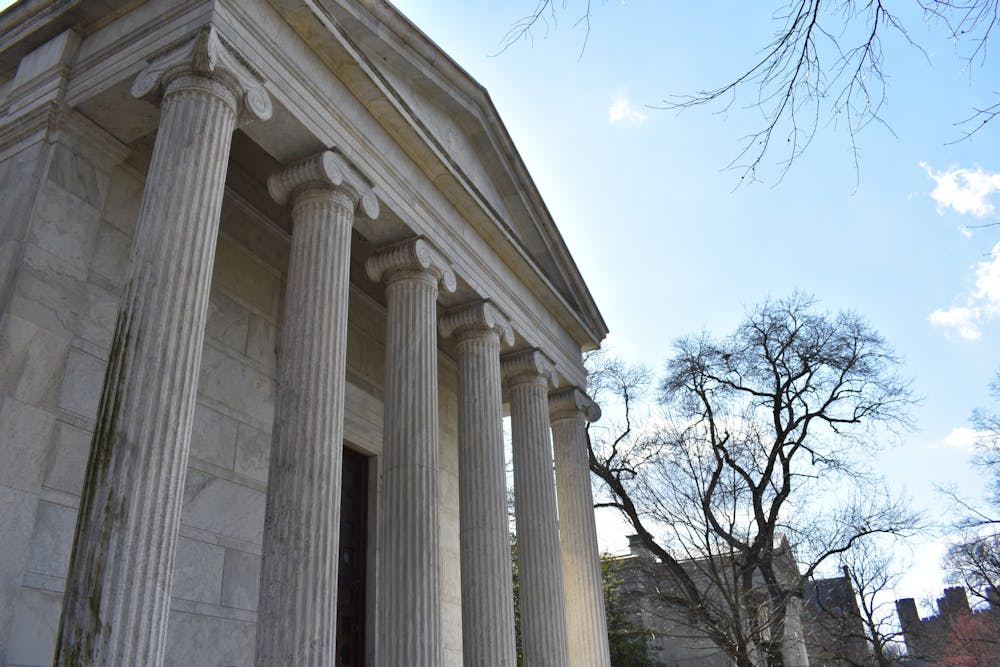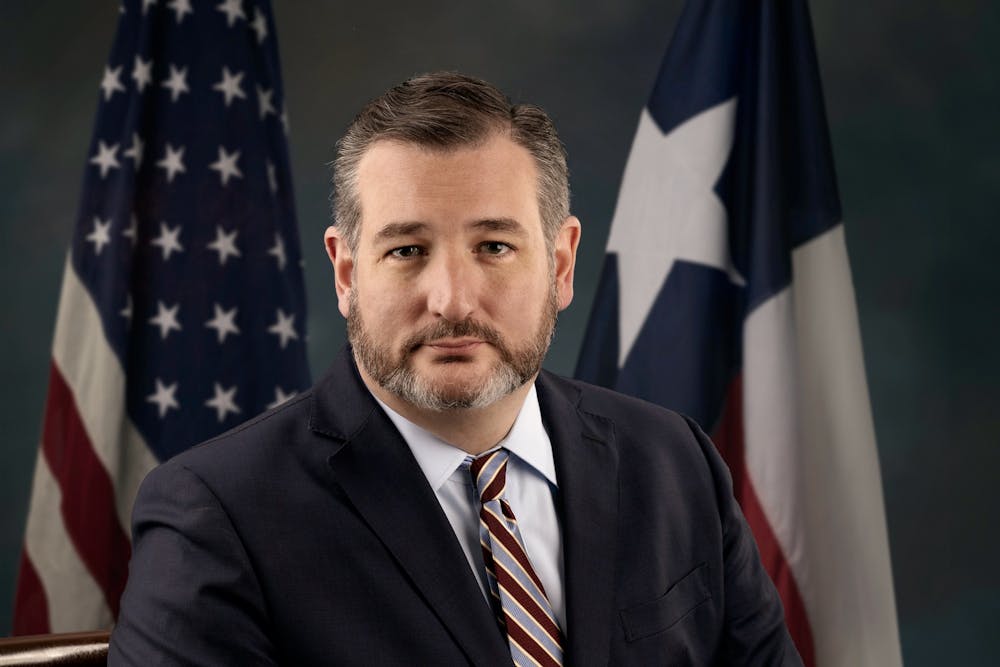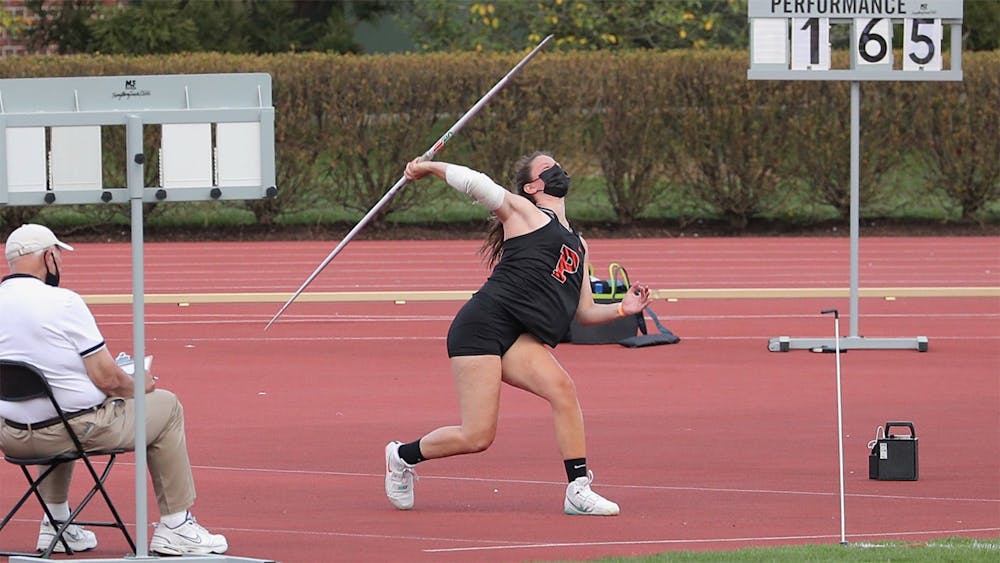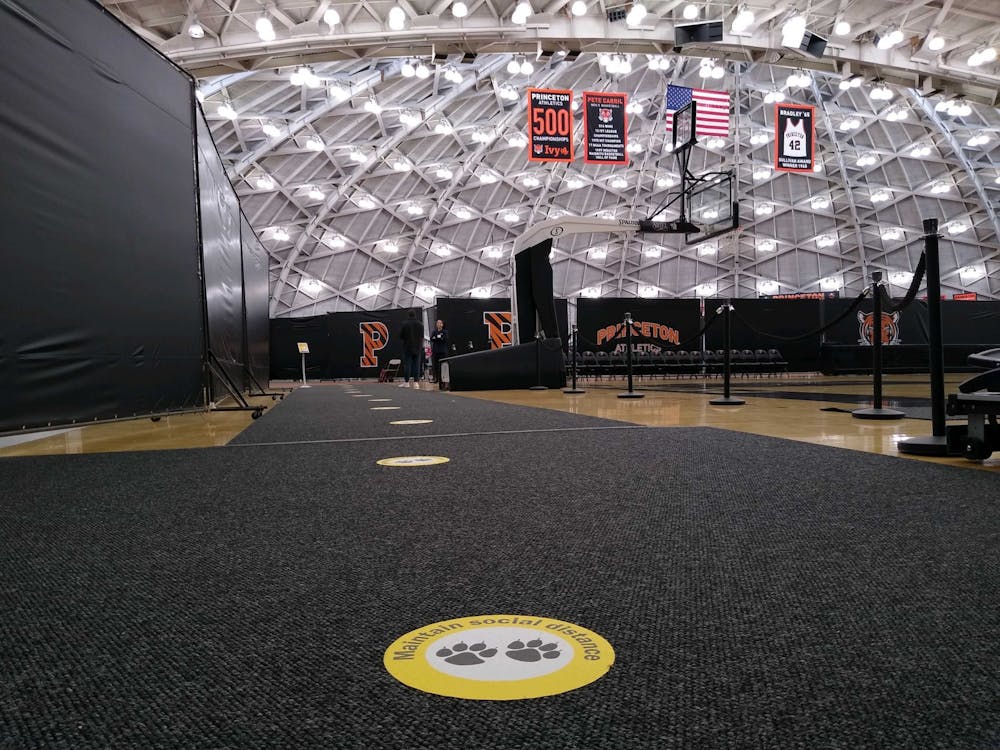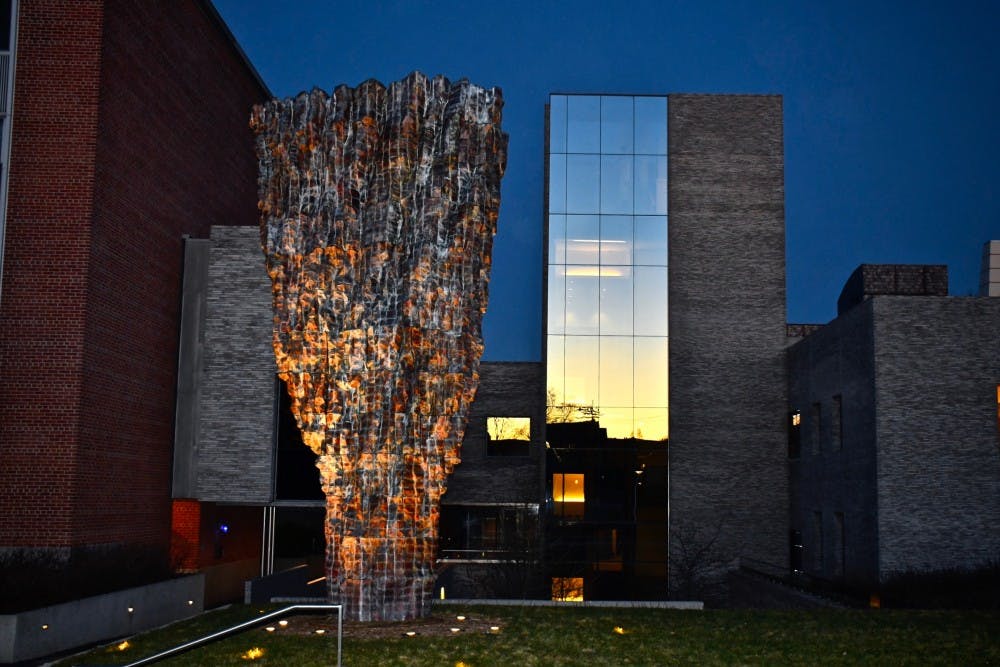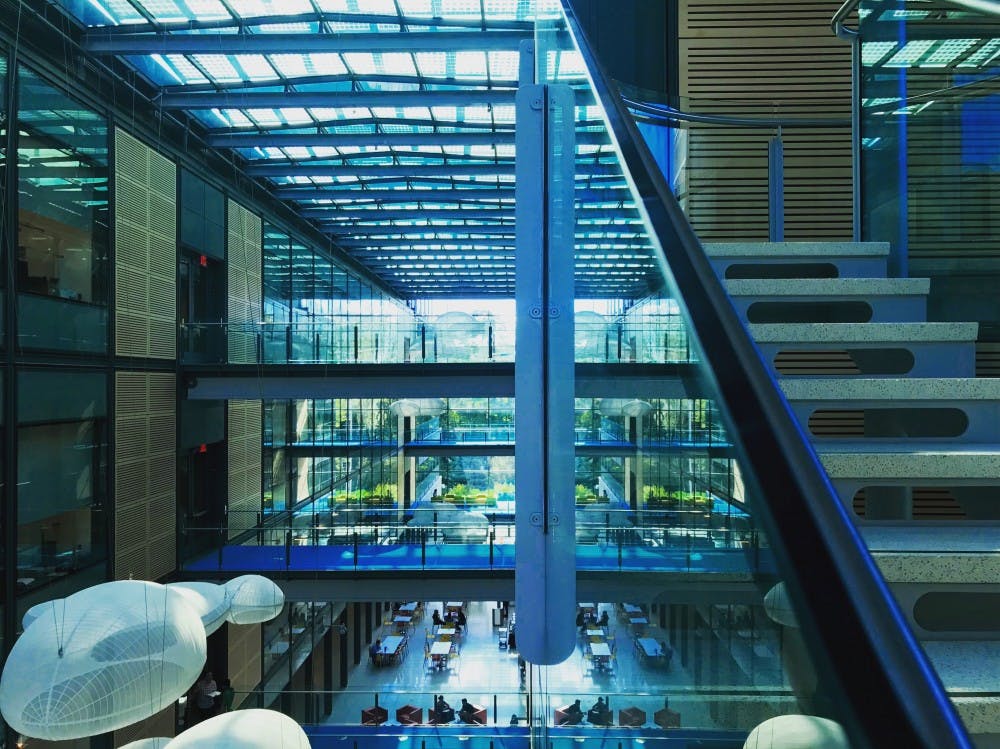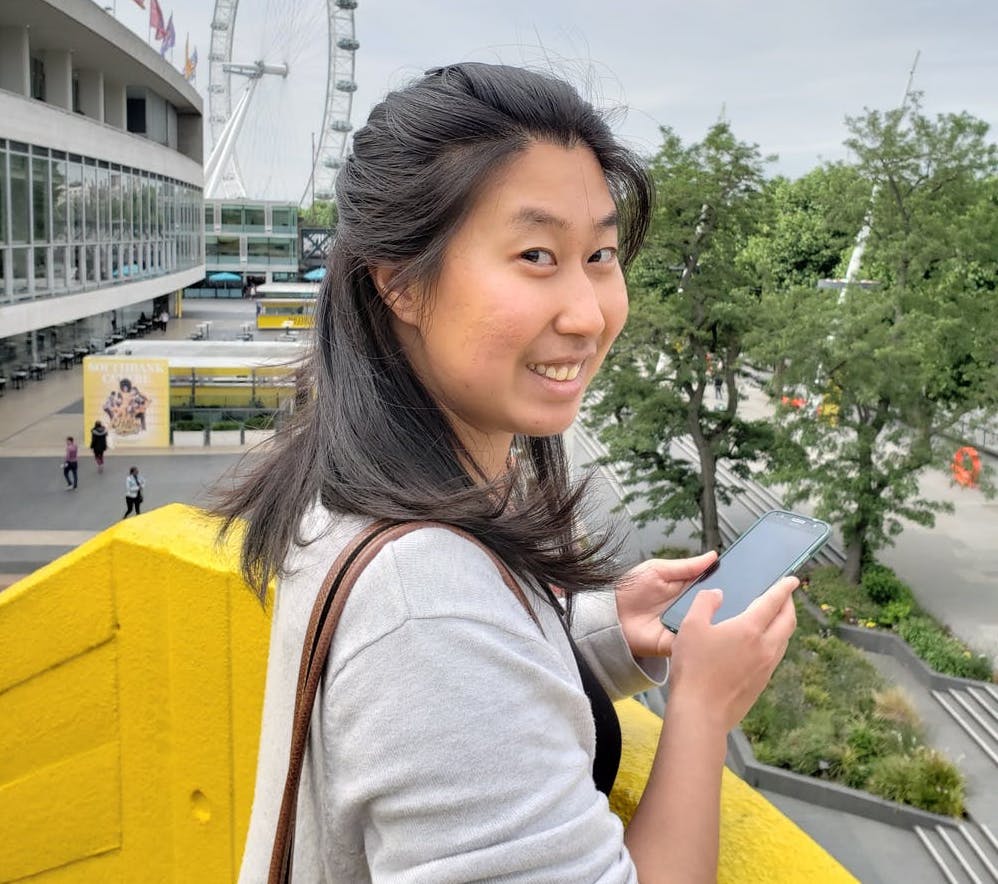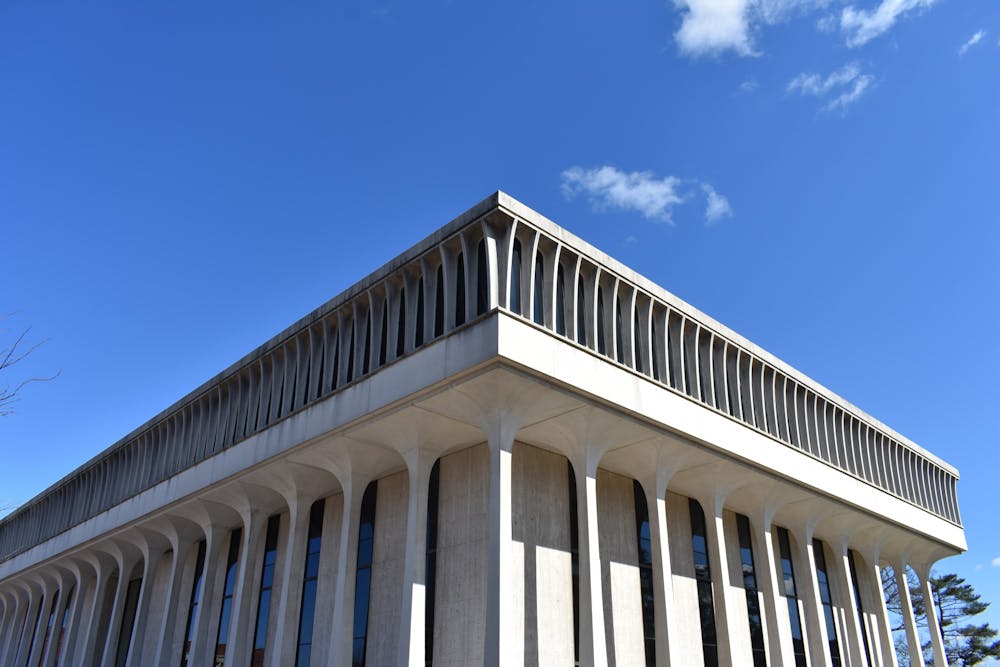Freshman Year.
Sporting colorful residential college t-shirts, 1,315 undergraduates from across the world were led into the University Chapel on Sept. 10 for Opening Exercises, a centuries-old tradition marking the formal start of the academic year. It was the first time the entire Class of 2021 would be in one space, together.
“It is our New Year’s Day,” President Christopher Eisgruber ’83 told the group. “A day when Princeton starts afresh.”
That year saw advocacy and administrative change that would impact student life for years to come.
After a hard-fought campaign to reform the Honor Code, students passed four Undergraduate Student Government (USG) referenda relating to the policy. Their implementation was eventually delayed by the administration, but throughout the class’s four years on campus, students have continued to critique the system and push for change.
After intersession, the year saw a classroom controversy after Professor Lawrence Rosen used the n-word repeatedly as part of an anthropology class, and some students walked out of his class. The campus reaction was visceral, with op-ed after op-ed appearing on the pages of The Daily Princetonian and some students dropping the class. Eventually, the class was cancelled altogether. (The following year, the new class of freshmen would be assigned “Speak Freely” as their mandatory summer reading.)
The year also saw the implementation of new certificate programs in Asian American Studies and Journalism, after significant amounts of planning, advocacy, and hard work on the part of students and faculty alike.
One administrative change approved that academic term would tangibly change life in the Orange Bubble for future Tigers. Through a somewhat-contentious vote, faculty approved the proposal for a reformed calendar, moving fall exams to December — before Winter Break — swapping out intersession with a “Wintersession,” a new space in the calendar designed for non-graded learning and growth opportunities.
The change wouldn’t take effect until the Class of 2021’s senior year. Needless to say, amid unprecedented times, it played out differently than administrators anticipated. The first Wintersession, like the bulk of the class’ senior experience, would occur online.
Banner photo courtesy of ODUS.
